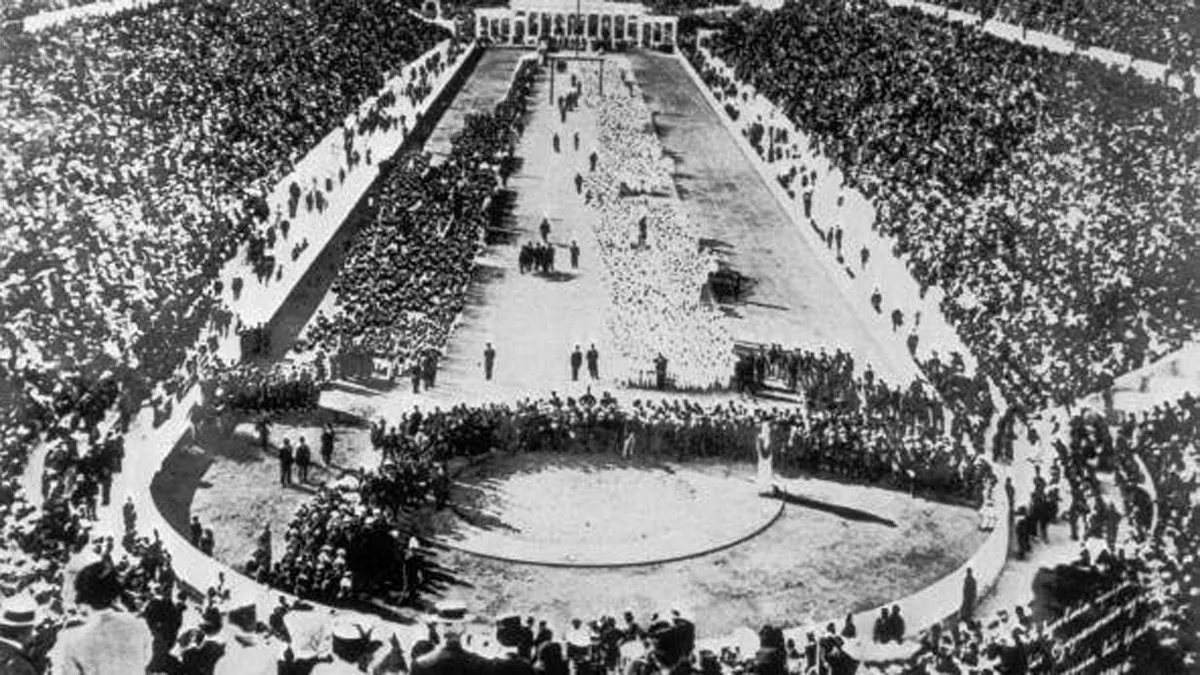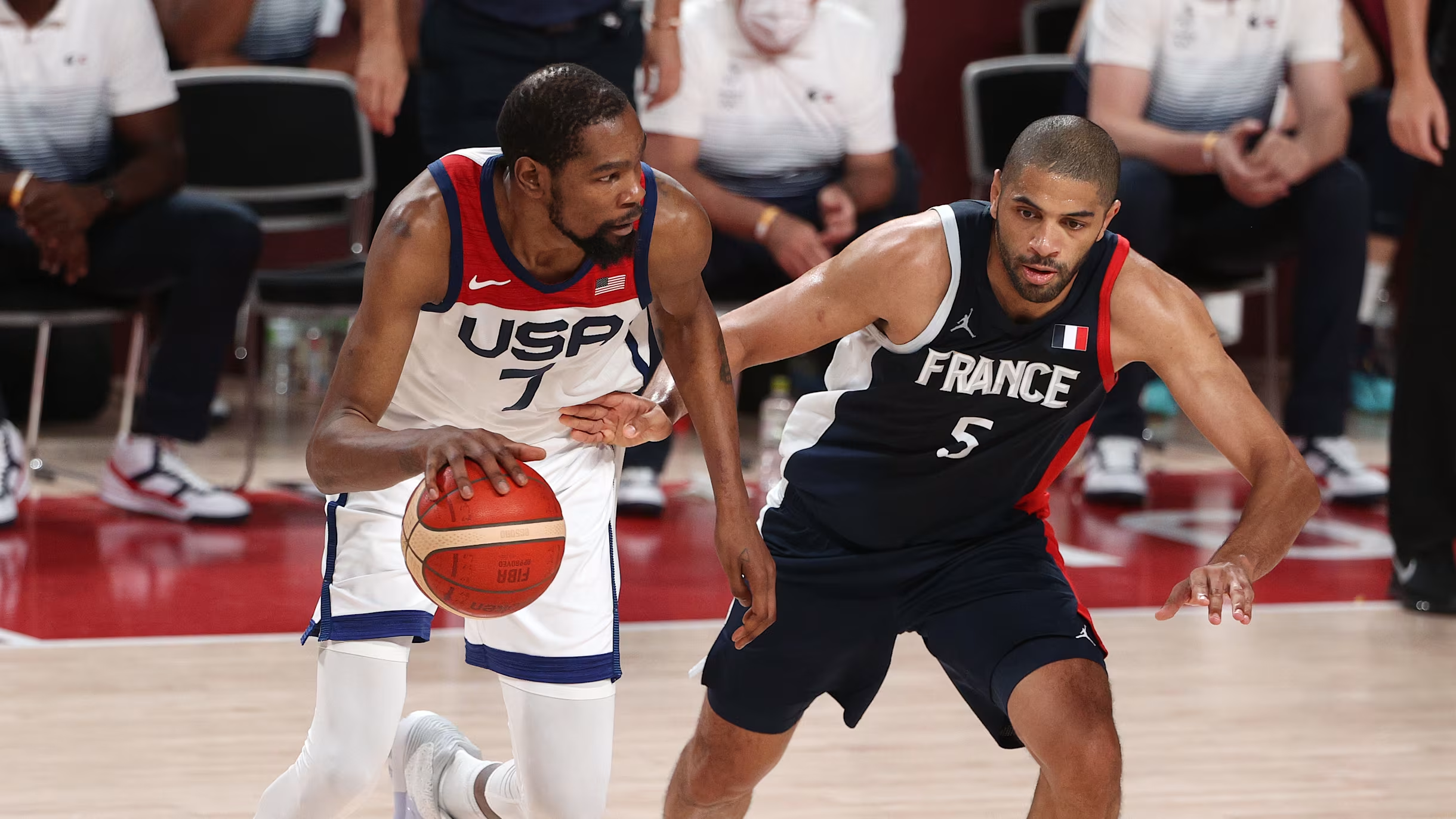
The history of the Olympic Games
The Olympic Games were invented in ancient Greece, where they were organized in Olympia from 776 BC in honor of Zeus. Held every four years, athletes from different Greek cities competed in events such as running, discus throwing and wrestling. Abandoned in 393 AD under the Roman Empire, they were reinvented in the modern era by Baron Pierre de Coubertin in 1896.
Since then, the Olympic Games have become a major international event, promoting peace and unity through sport, with summer and winter versions alternating every two years.
See more...

Basketball rules
Basketball has different rules in different countries.
In most countries, basketball is played between two teams of five players on a court measuring 28 x 15 metres. The aim is to score points by passing the ball through the opposing basket, located 3.05 meters above the ground. A match is divided into four 10-minute quarters. Successful shots are worth 1 point (free throws), 2 points (shots inside the 3-point arc) or 3 points (shots beyond this arc). Each team has 24 seconds per possession to attempt a shot. Players may not walk with the ball without dribbling, nor stay more than 3 seconds in the opponent's racket without the ball. Personal, team or technical fouls may be penalized by free throws or loss of the ball. The team with the most points at the end of regulation time wins the game. In the event of a tie, 5 minutes of extra time are played to decide between the 2 teams.
See more...

The history of basketball at the Olympic Games
Basketball was introduced to the Olympic Games in 1936 in Berlin, three years after its recognition by the International Olympic Committee (IOC). Invented in 1891 by James Naismith, the sport rapidly gained popularity around the world.
In its first Olympic appearance, the men's tournament was played outdoors on a clay court, and was won by the USA, who went on to dominate Olympic basketball history. Women's basketball joined the Olympic Games in 1976 in Montreal.
Since then, the sport has become a staple of the Games, with emblematic teams and players marking each edition.
See more...